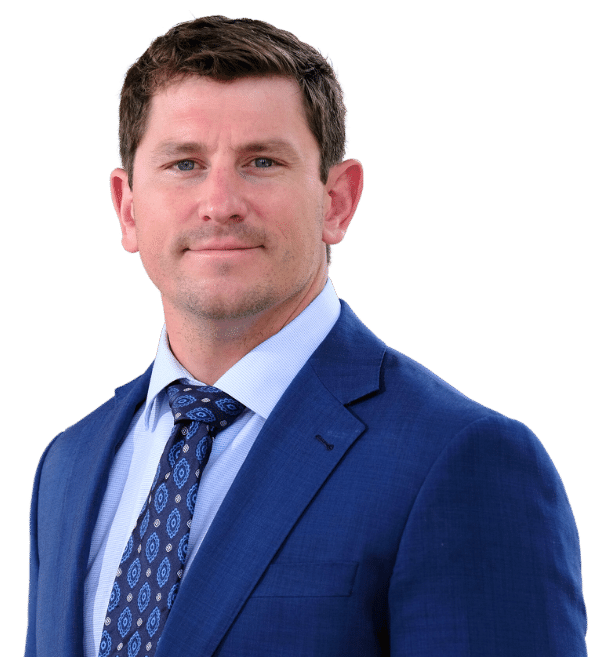Frequently Asked Questions
Essentially, in most situations, you will have a case if someone acted carelessly under the circumstances and caused your injuries. Applying this standard is more complicated than it sounds, however, which is why it is important to consult an attorney. You do not need to make this decision on your own. Contact an attorney and set up a free consultation to go over your situation in detail.
You may still have a case even if you do not feel hurt at the scene. The biological response to a traumatic situation like an accident sends a rush of adrenaline through the body, which can temporarily reduce sensations of pain. You may start feeling significant pain or developing other symptoms later.
This will depend on the statute of limitations in your state. A personal injury case may need to be filed within a year of the accident, or you may have as much as four years to file. You should check the rule in your state to make sure that you do not accidentally waive your rights. There are some exceptions to the statute of limitations, but they are very narrow, so you should not assume that an exception applies. As a practical matter, moreover, you should try to pursue a claim as soon as possible while the evidence is still fresh.
You should not speak with an insurance adjuster for someone else involved in the litigation. They may seem friendly and sympathetic, but they are almost certainly trying to coax statements from you that would reduce or eliminate the liability of their insured. Tell the insurance adjuster to contact your New Orleans personal injury attorney, if you have retained an attorney, or contact your insurance company, if you do not have an attorney. The same points apply if an attorney for someone else contacts you.
The main type of damages is known as compensatory damages, which is further divided into economic damages and non-economic damages. Economic damages are based on tangible, relatively objective costs and losses, such as medical bills, lost income and earning capacity, property damage, and the costs of future treatment. Non-economic damages are more subjective, covering items such as pain and suffering, mental anguish, and lost enjoyment of life. Damages must be reasonably quantifiable to be awarded, rather than being speculative. For more information, contact a New Orleans personal injury attorney.
This will depend on the specific nature of your injuries and cannot be ascertained until your case has been thoroughly investigated. You can ask a New Orleans personal injury attorney in your area for a rough estimate, based on similar cases that they have handled. However, you should be aware that attorneys are prohibited from promising they will recover a certain amount or otherwise predicting the outcome of a case. Any estimate you receive likely will be vague and qualified.








